Competitive Play in Valorant is where the game's strategic depth truly shines. Here's an in-depth look at how to engage in, understand, and succeed in Valorant's competitive scene:
Accessing Competitive Play
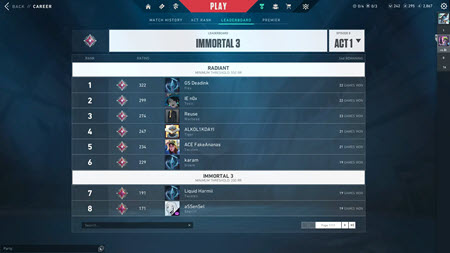
Valorant Competitive Play, Accessing Competitive Play, Image via:bo3.gg
•Level Requirement: To unlock competitive play, you need to reach account level 20 by playing unranked matches or other game modes.
•Placement Matches: Once unlocked, you'll play 5 placement matches to determine your initial rank.
Ranking System
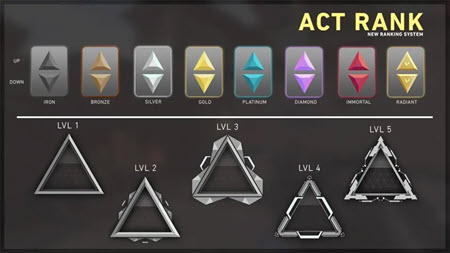
Valorant Competitive Play,Ranking System, Image via: mandatory.gg
•Ranks: The ranks go from Iron ? Bronze ? Silver ? Gold ? Platinum ? Diamond ? Ascendant ? Immortal ? Radiant. Each rank, except Radiant, has three tiers (e.g., Iron 1, Iron 2, Iron 3).
•RR (Rank Rating): Points are won or lost based on the match outcome and your individual performance relative to the expected outcome.
•Rank Decay: If you don't play for an extended period, your rank might decay, though this is more relevant at higher ranks like Immortal.
Matchmaking
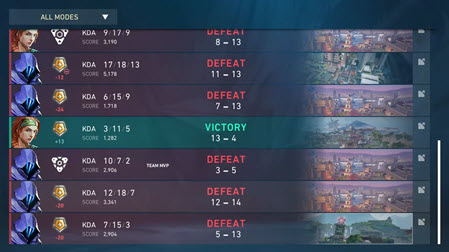
Valorant Competitive Play, Matchmaking, Image via: reddit.com/r/VALORANT/
•Skill-Based: Valorant uses MMR (Match Making Rating) to match players of similar skill levels. This is separate from your visible rank but influences it.
•Party MMR: Playing with friends of significantly different skill levels can affect your matches, often leading to less balanced games.
Gameplay in Competitive
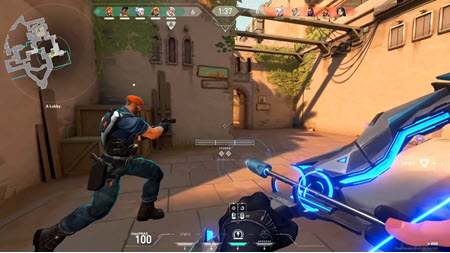
Valorant Competitive Play, Gameplay in Competitive, Image via: Kran Gaming
•Structure: Matches are best-of-24 rounds, split into two halves with teams switching sides (attack to defense or vice versa) after 12 rounds. Overtime occurs if the score is tied at 12-12.
•Economy: Managing credits is crucial:
•Winning rounds grants more credits than losing.
•Performance bonuses for kills, planting/defusing the Spike, etc.
•Strategic buying or saving can dictate the pace of the game.
Team Coordination:
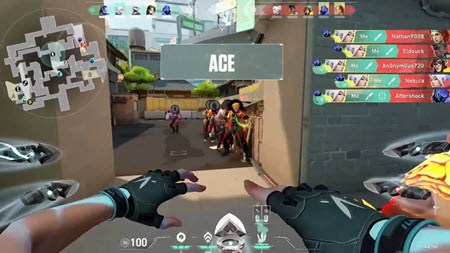
Valorant Competitive Play, Team Coordination, Image via: exitlag.com
•Role Assignment: Discuss and agree on roles before the match starts.
•Communication: Clear, concise, and timely callouts are essential. Use voice or text chat to coordinate attacks, defend, or call for help.
•Strategy: Pre-game planning or adapting strategies mid-game based on opponent's playstyle or your team's strengths.
Strategic Elements
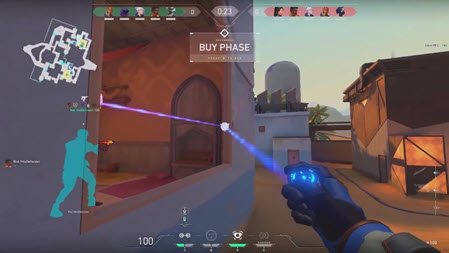
Valorant Competitive Play, Strategic Elements, Image via: thespike.gg
•Agent Selection: Pick agents to counter the enemy team or to cover your team's weaknesses. Understanding when to switch agents can be key.
•Map Strategy: Knowing which maps favor which strategies or agents can give you an edge. Some maps require more control over mid, while others might rely on fast executes or defensive setups.
•Utility Usage: Effective use of abilities can win or lose rounds. Coordinate utility for maximum impact, whether for site entries, retakes, or blocking enemy vision.
Improving in Competitive Play
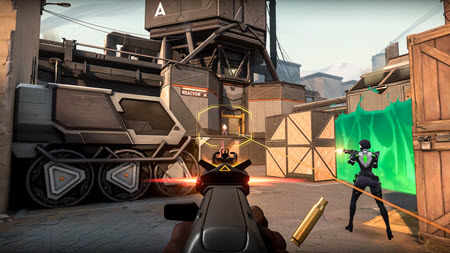
Valorant Competitive Play, Improving in Competitive Play, Image via: win.gg
•Review and Learn: Watch your replays or use tools like Valorant's built-in replay system or external software to analyze games:
•Look for mistakes in positioning, utility usage, or missed opportunities.
•Adaptability: Be ready to change strategies, agent picks, or playstyles based on the map, enemy team, or how the match is going.
•Consistent Practice: Regular play helps maintain and improve your skills. Focus on different aspects like aim, movement, or game sense in different sessions.
Esports and Tournaments
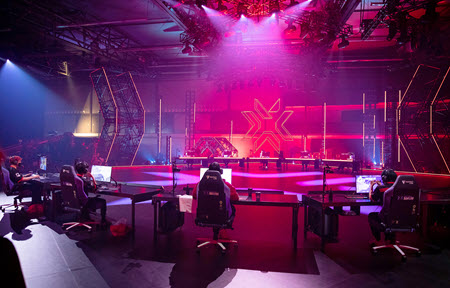
Valorant Competitive Play, Esports and Tournaments, Image via: valo2asia.com
•Valorant Champions Tour (VCT): Riot Games' official esports circuit for Valorant, offering a pathway from open qualifiers to international championships.
•Community Tournaments: Various online platforms host tournaments for players of all skill levels, providing competitive experience outside of ladder play.
Tips for Climbing Ranks
•Stay Positive: Competitive play can be stressful; maintaining a positive attitude helps with team morale and your own performance.
•Learn from Every Game: Even losses provide learning opportunities. Focus on what you can do better next time.
•Balance Aggression and Defense: Know when to take risks and when to play defensively based on the game's flow.
Note: Competitive play in Valorant demands not just individual skill but also teamwork, strategy, and adaptability. By focusing on these areas, you can improve your standing in the ranks and enjoy the competitive aspect of the game.
